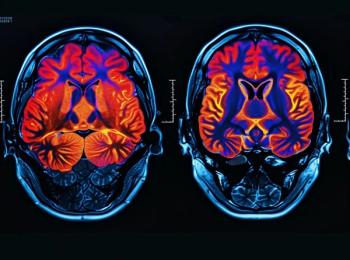
Take a quick look back at developments this year with our higlights of acceleration of DMTs, particularly focusing on anti-amyloid antibodies and novel oral agents.


Take a quick look back at developments this year with our higlights of acceleration of DMTs, particularly focusing on anti-amyloid antibodies and novel oral agents.

A multidisciplinary panel of neurologists, geriatricians, and researchers examined how early identification, equitable access, and value-based models could reshape Alzheimer disease care.

Missed endpoints in midstage tau trials are reshaping the Alzheimer pipeline, with growing focus on inflammatory and vascular pathways. Review them here.

Findings highlight an AI-based machine-learning approach designed to work around incomplete diagnostic labeling in Alzheimer disease using routine clinical data.
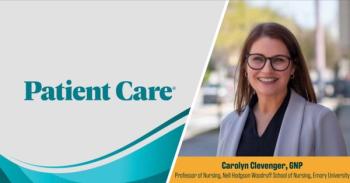
Clevenger speaks to primary care clinicians, emphasizing 3 priorities: engage family as partners, ask about agitation, and recognize its danger to patient and caregiver.

Episode highlights include a new AD blood test for PCPs, sleep effects of elinzanetant among postmenopausal women, lung cancer screening gains, and more.

Blood-based monitoring could enable earlier intervention as approximately 20% of initially negative participants transitioned to positive biomarker status.
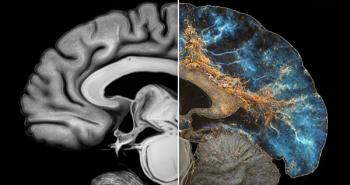
CTAD 2025: Early, continued treatment with lecanemab may delay Alzheimer disease progression by up to 8.3 years; SC dosing demonstrates bioequivalence.

The phase 3 results offer key lessons for metabolic and inflammatory pathway targets, ADDF notes, highlighting biomarker findings that advance Alzheimer science.

Clevenger, a professor of nursing at Emory University, shares practical strategies to manage agitation in Alzheimer disease, emphasizing that this symptom is treatable.
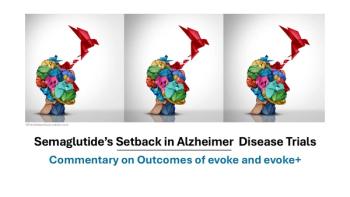
Semaglutide did not slow AD progression in phase 3 evoke trials. UK and US experts express disappointment but laud value of outcomes to continuing research.

New data reveals lecanemab's significant impact on amyloid-beta protofibrils in Alzheimer disease, showcasing its potential to slow disease progression.

Two-year structured lifestyle "recipe" slowed cognitive aging and enhanced both cardiovascular and sleep health in older adults at risk for cognitive decline.

Your daily dose of the clinical news you may have missed.

Nearly one-third of caregivers hesitate to discuss agitation in a patient with AD. Emory's Clevenger, shares why and how clinicians can proactively address this barrier.

Biomarker trajectories over 5 years in study participants with AD show steeper rises in pTau217, NfL, and amyloid burden among those with obesity, highlighting risk factor relevance.

Emory's Clevenger discusses the neurotransmitter dysregulation behind agitation in AD and why memory-focused care doesn't address behavioral symptoms.

New safety and biomarker results from MK-2214 and MK-1167 advance Merck’s dual approach to Alzheimer therapy.

Clevenger reviews survey findings behind the recent report "The Agitation Blindspot in Alzheimer’s Care."

J&J halts phase 2b AuTonomy trial after anti-tau antibody posdinemab fails to slow clinical decline, marking another setback for tau-targeting therapeutics.

Evoke trials testing semaglutide for Alzheimer disease missed primary endpoint, failing to demonstrate benefit on cognition despite positive effects on disease markers.

Life-course analysis sheds light on how movement patterns influence brain resilience, giving clinicians new context for counseling about dementia prevention.

Eisai and Acumen Therapeutics will present new data in areas including long-term outcomes, brain delivery strategies, and early-stage Alzheimer disease.

Your daily dose of the clinical news you may have missed.
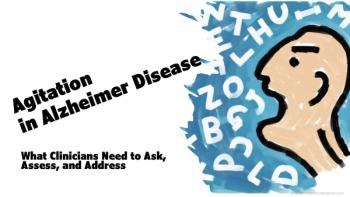
A geriatric psychiatrist's clinical pearls on agitation in AD, incluiding behavioral cues, triggers, and evidence-based treatment strategies for primary care.